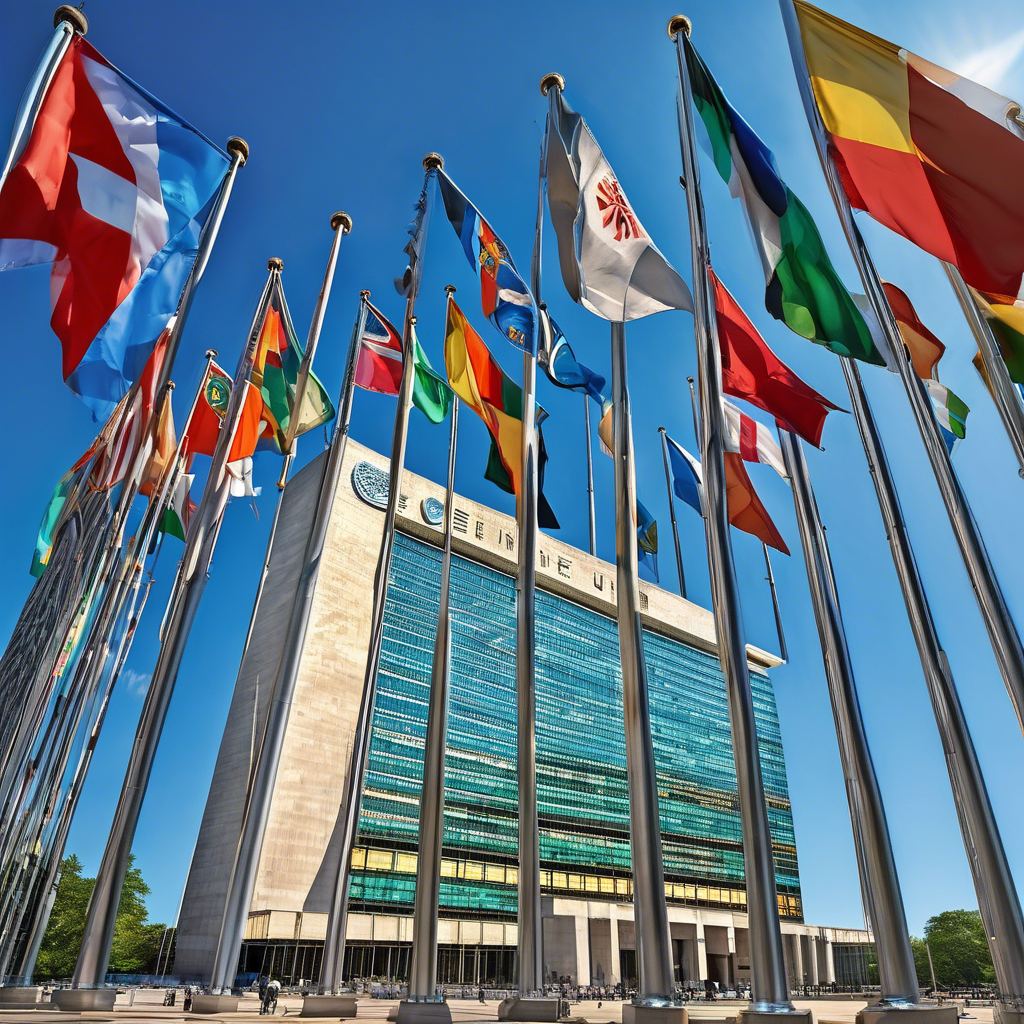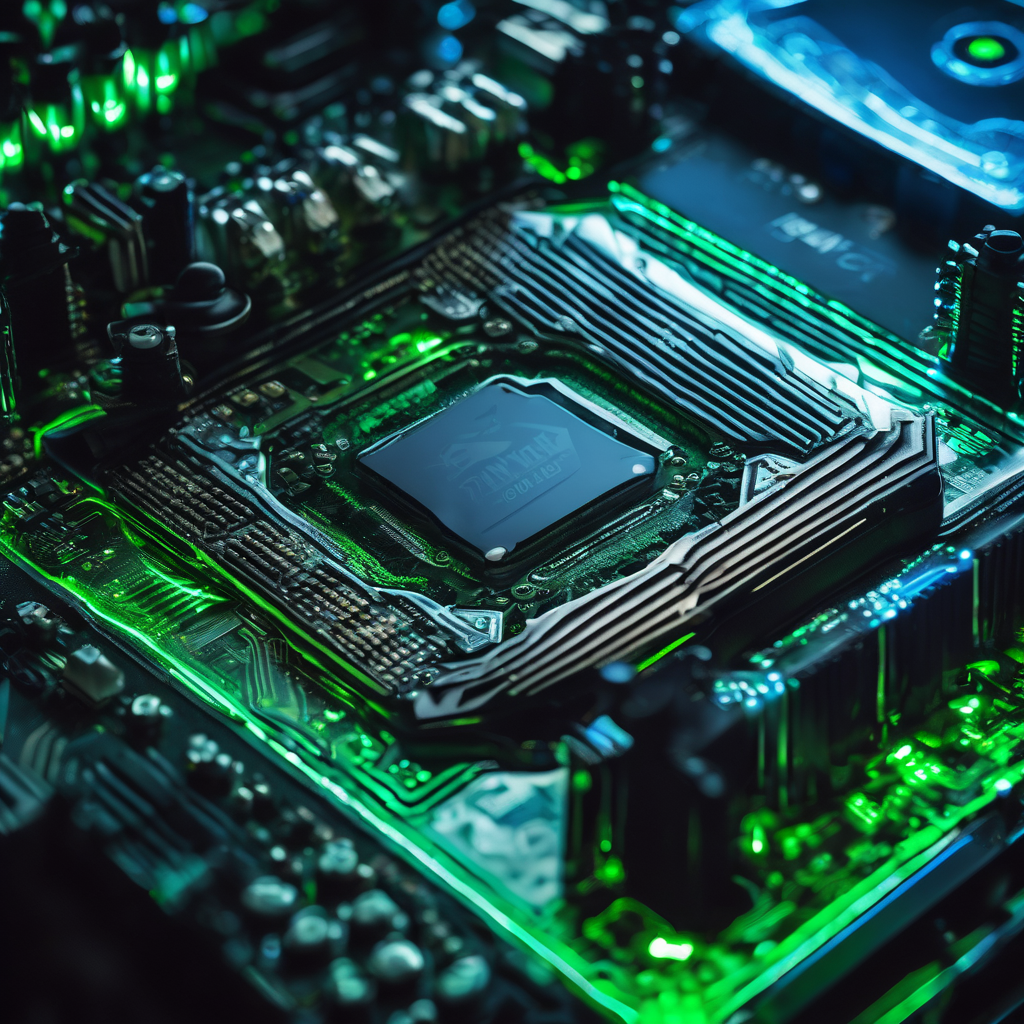
On May 12, 2025, delegates from nations worldwide gathered at the United Nations headquarters in New York to address a critical and urgent issue in contemporary warfare: the regulation of autonomous weapons systems driven by artificial intelligence. These sophisticated weapons, capable of identifying and engaging targets without human input, have seen growing deployment in conflict zones such as Ukraine and Gaza, sparking deep ethical, legal, and security debates globally. Despite the swift progress and use of these AI-enabled arms, the international community lacks comprehensive binding agreements to regulate their deployment and operation. Since 2014, discussions within the Convention on Conventional Weapons (CCW)—a multilateral treaty overseeing the limitation or prohibition of certain conventional arms—have served as the primary platform for efforts to ban or regulate fully autonomous weapon systems. Nonetheless, efforts to establish legally binding standards through the CCW have experienced slow advancement, hindered by conflicting national interests and sovereignty concerns. United Nations Secretary-General Antonio Guterres has highlighted the urgency of this issue by setting a firm deadline of 2026 for creating clear and effective regulations. His appeal aims to curb the unchecked spread and use of autonomous weapons, cautioning that their proliferation could significantly lower the threshold for armed conflict and increase the risk of unintended escalation. Achieving consensus among key global powers remains a substantial hurdle. Influential countries including the United States, Russia, China, and India have voiced hesitation about endorsing a comprehensive international treaty that could restrict their military capabilities.
Instead, they favor formulating national guidelines and voluntary measures, stressing the importance of state sovereignty and the strategic benefits provided by autonomous technologies. This position has attracted criticism from human rights advocates, arms control experts, and civil society organizations, who warn that without strong international legal frameworks, the world risks spiraling into an uncontrollable AI arms race. Reports indicate that over 200 distinct autonomous weapon systems are currently active worldwide, with documented deployment in recent conflicts involving Russia, Ukraine, and Israel. These groups contend that, absent rigorous oversight, such weapons may breach fundamental human rights and international humanitarian law by executing lethal decisions without meaningful human control. The UN General Assembly session on May 12 marked a historic moment, being the first time the Assembly held an official meeting solely to address the complex challenges posed by AI-powered autonomous weapons. Participants expressed hope that this high-level discussion would stimulate political will and pave the way for binding legal frameworks ahead of the next CCW negotiations slated for September. In anticipation of these talks, the global community faces the difficult challenge of balancing defense-related technological innovation with the critical need to protect humanity from the potential unintended consequences of machines making life-and-death decisions. While technological advancements accelerate rapidly, the establishment of ethical, legal, and operational frameworks must progress accordingly to prevent instability and uphold international peace and security. As countries debate the future landscape of warfare within the halls of the United Nations, the world watches intently, understanding that the outcomes will influence the nature of armed conflict for generations. Moving forward demands enhanced transparency, multilateral collaboration, and a shared commitment to ensuring that artificial intelligence functions as a force for peace rather than a trigger for destruction.
UN Summit 2025 Addresses Regulation of AI-Powered Autonomous Weapons


Nvidia has introduced its newest AI chipset, set to become a fundamental component of next-generation gaming consoles.

Erklärung zur Barrierefreiheit Navigation überspringen SkyReels integriert führende multimodale KI-Modelle wie Google VEO 3

Anywhere Real Estate wrapped up a news-filled year with a brief third-quarter earnings report that showcased strong momentum and developments in artificial intelligence, as it prepares for its future integration with Compass.

AI Overviews are the latest SEO buzz, with being cited in these summaries on Google considered a key measure of SEO success.

Vista Social has introduced a significant advancement in social media management by integrating ChatGPT technology into its platform, becoming the first tool to incorporate OpenAI’s advanced conversational AI.

In today’s video, I cover recent developments impacting Astera Labs (ALAB 3.17%), Super Micro Computer (SMCI 4.93%), and various other AI-related stocks.

Palantir Technologies Inc.
Launch your AI-powered team to automate Marketing, Sales & Growth

and get clients on autopilot — from social media and search engines. No ads needed
Begin getting your first leads today